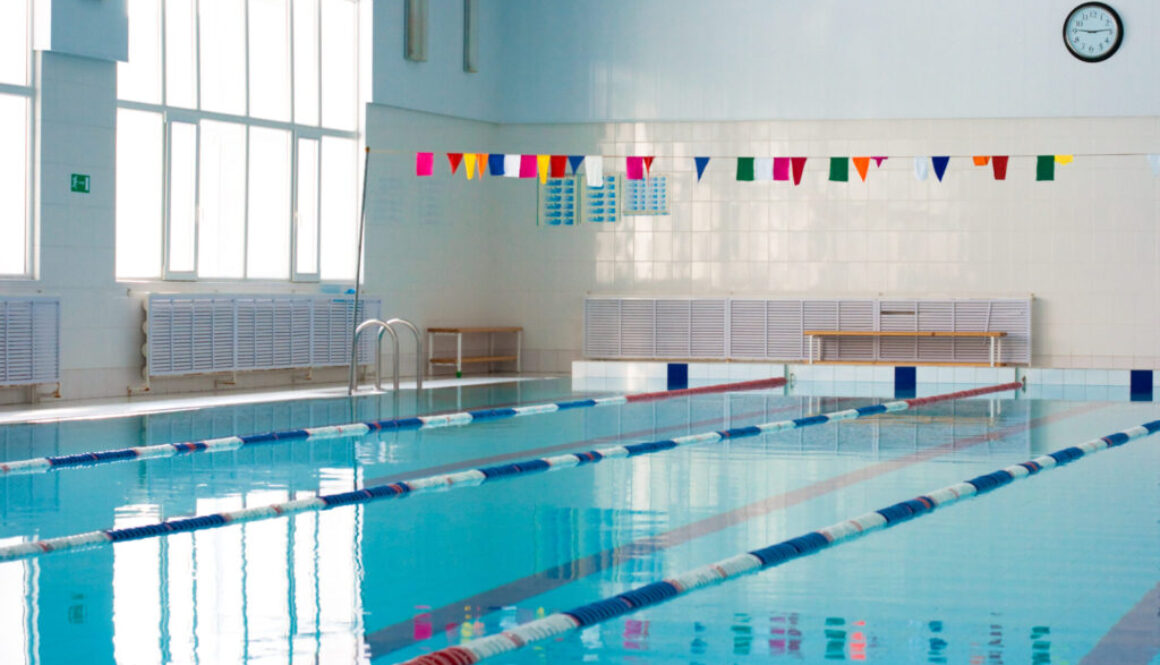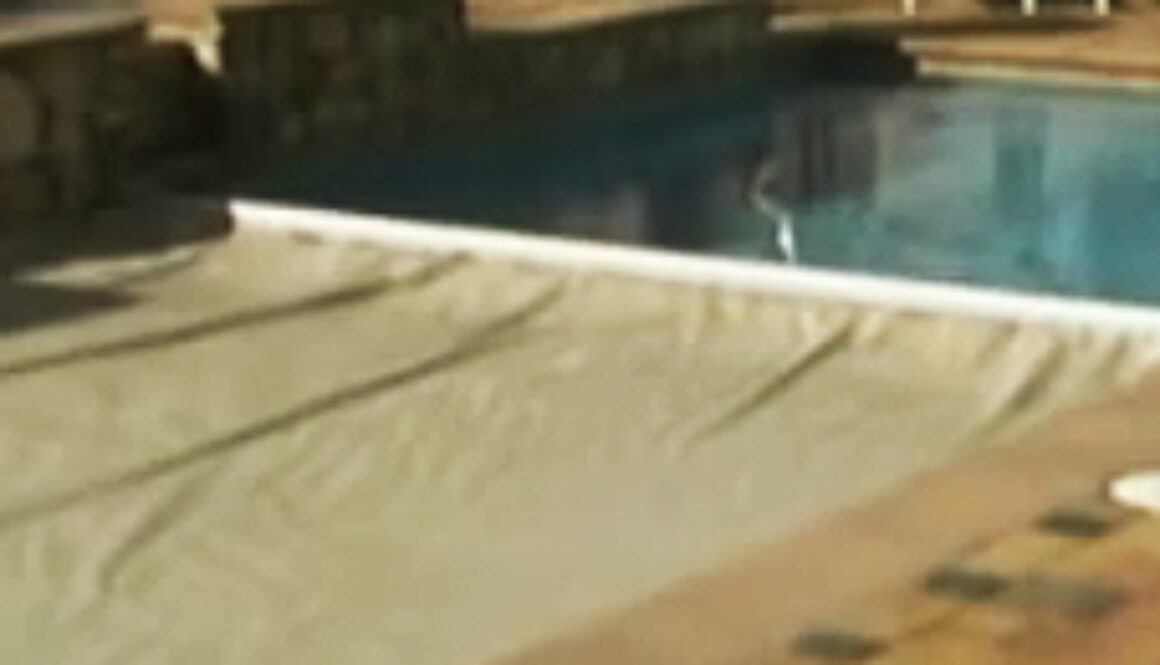Got Yourself Covered?
The easiest way to heat your pool is to install a swimming pool cover. Not only does having a pool cover keep your swimming pool clean, but they help to heat and trap the heat which in turn will reduce your energy costs.
 When the weather gets chilly and you climb into bed at night – what do you do? Lie prone on top of your blankets? Or do you tuck yourself under the cover and pull it tight around you? Over time, we soon learn that if we are covered in bed, the closeness of the covers builds the heat that our body generates and keeps it close to us, keeping us warm all night. The same effect happens with an effective swimming pool cover.
When the weather gets chilly and you climb into bed at night – what do you do? Lie prone on top of your blankets? Or do you tuck yourself under the cover and pull it tight around you? Over time, we soon learn that if we are covered in bed, the closeness of the covers builds the heat that our body generates and keeps it close to us, keeping us warm all night. The same effect happens with an effective swimming pool cover.
Pool Heating NZ have access to a range of covers that can be installed on residential, commercial or school pools. The most common types of covers are the Solar Bubble, Debris Mesh and Thermal covers. Each type of cover provides your swimming pool with different benefits.
A Solar Bubble Cover will provide you with around 60% savings in your energy costs. Effectively, they are the best type of cover because whilst they allow the sun to heat your pool, they reduce evaporation and reduces your water usage. A Solar Bubble cover will also allow you to extend your swimming season.
A Debris Mesh Cover is a great option if your swimming pool is a family pool. Debris Mesh covers are a good preventative measure if you have small children as they prevent children from falling in. If you live in a heavy rainfall area, they are a good choice as they allow surface water to drain through while protecting the pool from falling debris. This makes them a good choice if your pool is situated by tall trees. Because debris is trapped, your time needed performing maintenance duties will be significantly reduced. And, as an added bonus Debris Mesh covers are lightweight and can be custom made to any shape which makes them a flexible option for many.
A Thermal Cover works best on indoor swimming pools. They are a great investment when you have an indoor swimming pool as they stop condensation and therefore reduce your need to dehumidify your indoor swimming pool room or area. Overnight, heated pool will tend to lose around 3-4 degrees of heat – having a Thermal cover will stop this. The added heat retention that you will observe with a Thermal Cover will also help you to save on energy costs.
So yes, there are options and very good reasons as to why you should consider installing a pool cover on your swimming pool. Pool Heating NZ can assist you with the right type of cover for you and help you to spend more time enjoying your pool and less time performing tiring maintenance.
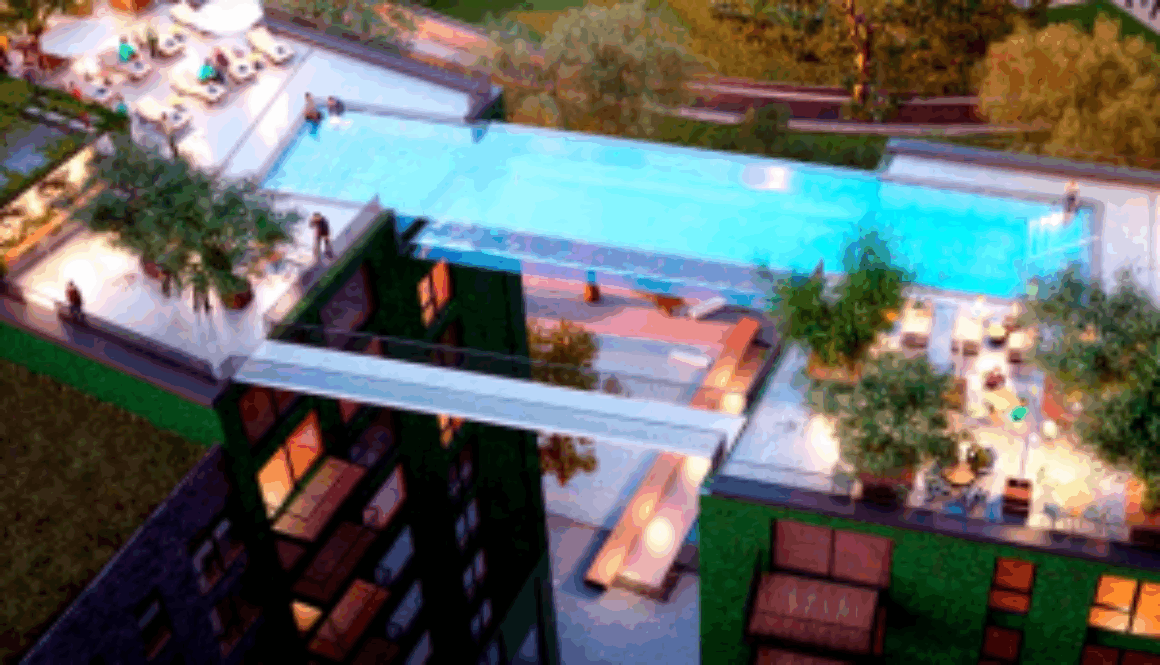
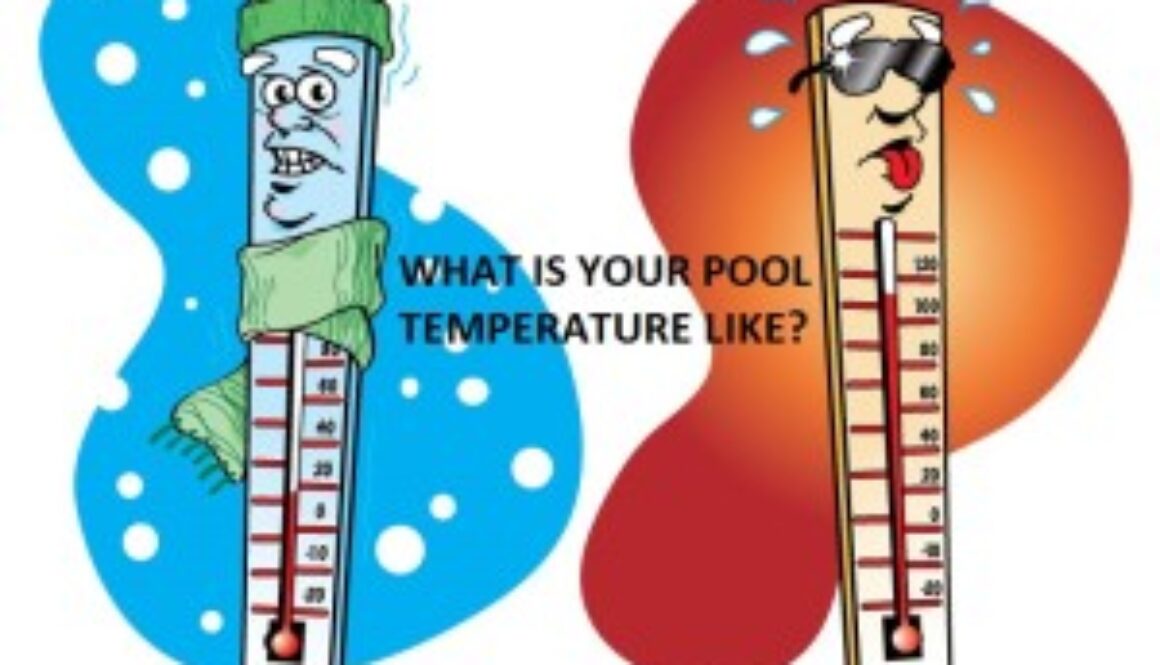
 Different pools are used for various activities. For example, a spa pool/Jacuzzi is supposed to be warm, and then ice therapy pools, need to be cold. However, for swimming pools, there is an optimum temperature range.
Different pools are used for various activities. For example, a spa pool/Jacuzzi is supposed to be warm, and then ice therapy pools, need to be cold. However, for swimming pools, there is an optimum temperature range.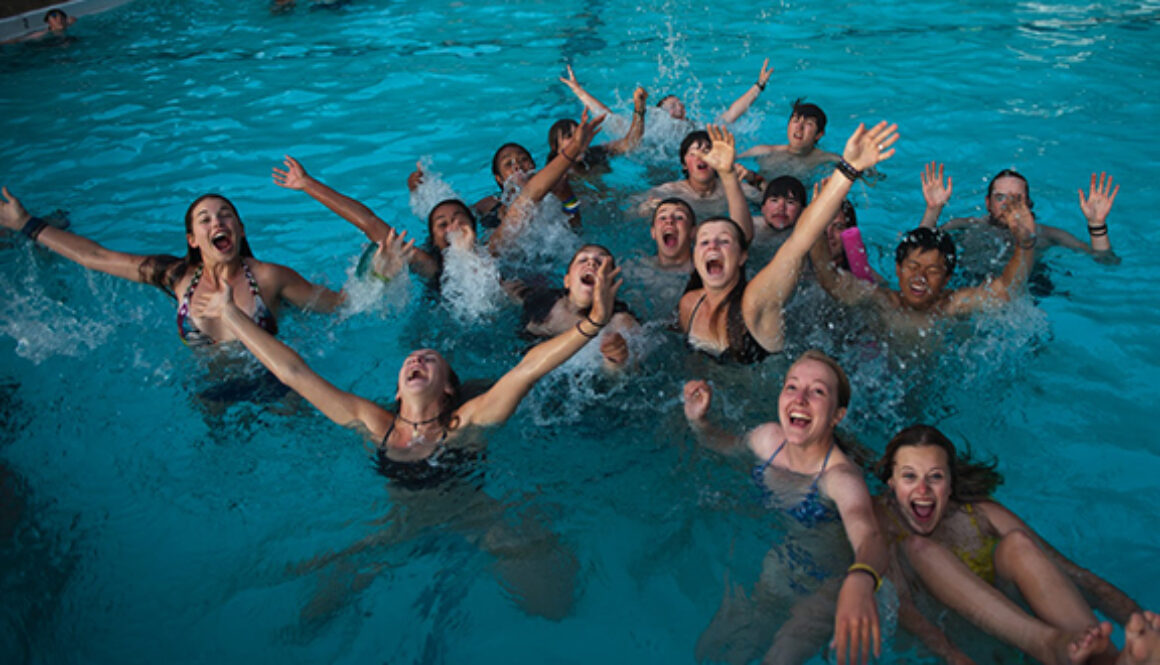
 There are 4 important things you need to check before taking your first dip!
There are 4 important things you need to check before taking your first dip!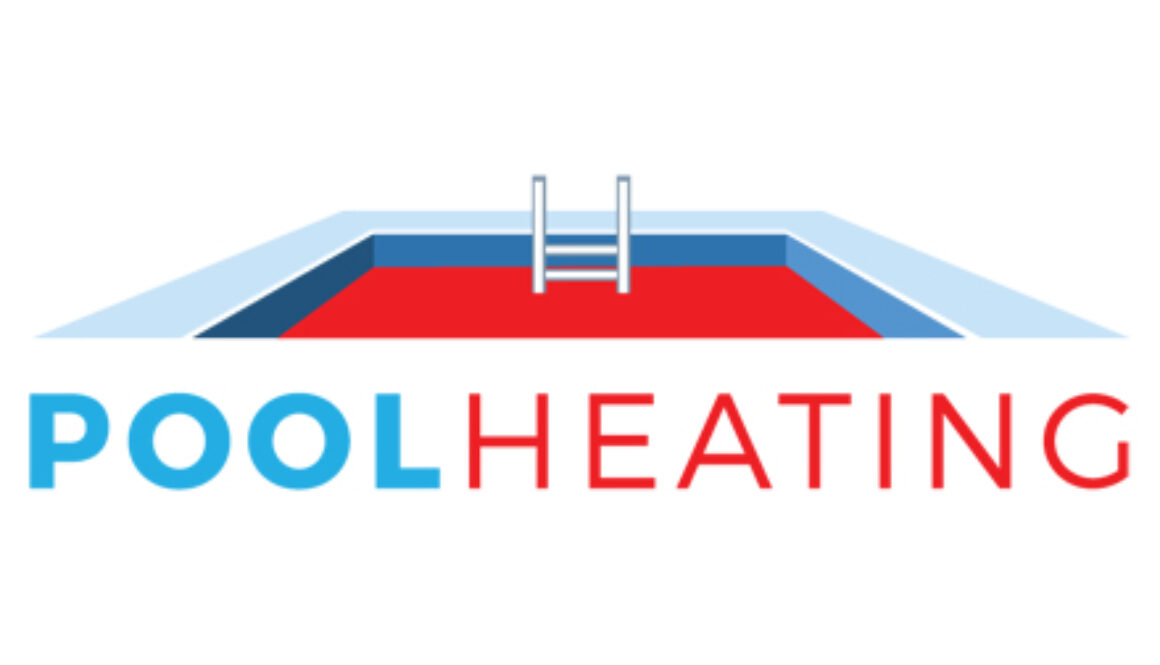
 Pool Heating NZ is still your best solution when it comes to all things relating to swimming pools in New Zealand.
Pool Heating NZ is still your best solution when it comes to all things relating to swimming pools in New Zealand.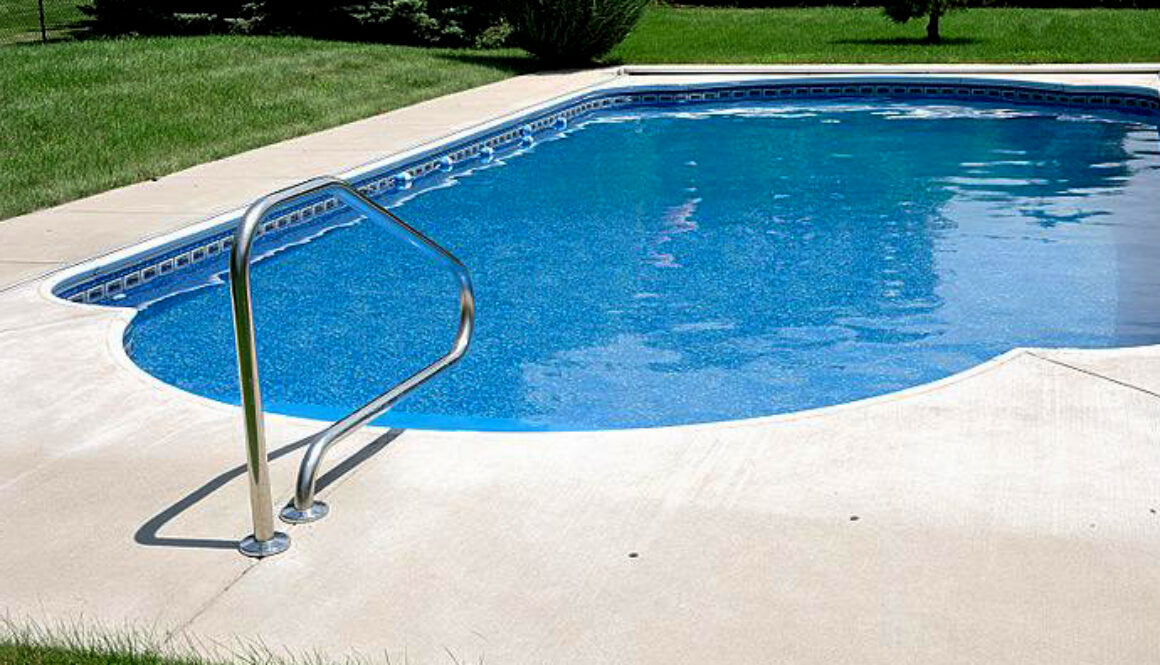
 The key to this is making sure that your pool heating system is the best suited to the size of your swimming pool and how warm you wish to heat it. Having a heat pump that is too small, will mean it will need to work very hard to get up to temperature and stay there, using a lot of energy. Inefficient heat pumps use more energy to produce less heat.
The key to this is making sure that your pool heating system is the best suited to the size of your swimming pool and how warm you wish to heat it. Having a heat pump that is too small, will mean it will need to work very hard to get up to temperature and stay there, using a lot of energy. Inefficient heat pumps use more energy to produce less heat.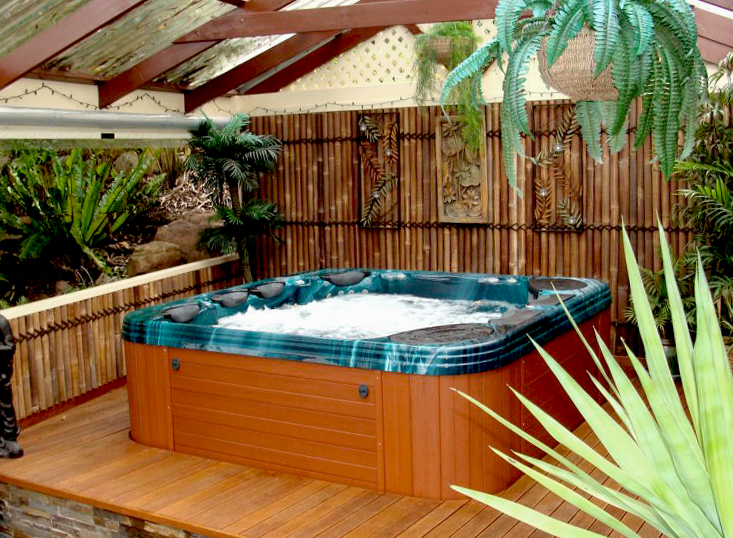 At Pool Heating Ltd, we are experts at heating spa pools. Heating a spa pool is no different to heating a swimming pool, except that, generally, a spa pool holds a lot less water. Because spas do hold less water, they need a smaller pool heater than a swimming pool, and usually are between 1.5kW and 6kW in size.
At Pool Heating Ltd, we are experts at heating spa pools. Heating a spa pool is no different to heating a swimming pool, except that, generally, a spa pool holds a lot less water. Because spas do hold less water, they need a smaller pool heater than a swimming pool, and usually are between 1.5kW and 6kW in size.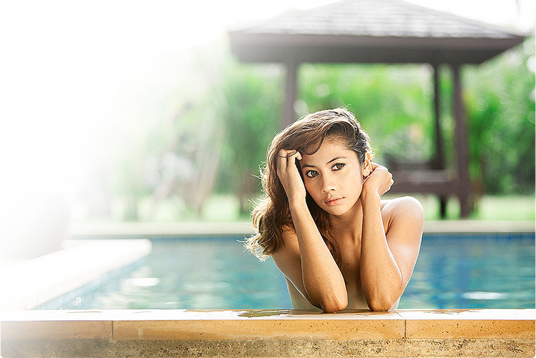 Choosing a pool heater that is too small results in it being overworked, as it constantly needs to run to try and heat the pool to the correct temperature, rarely succeeding in doing so. Not only will you end up with a cooler pool than you wish, but you’ll also receive a very hefty energy bill too.
Choosing a pool heater that is too small results in it being overworked, as it constantly needs to run to try and heat the pool to the correct temperature, rarely succeeding in doing so. Not only will you end up with a cooler pool than you wish, but you’ll also receive a very hefty energy bill too.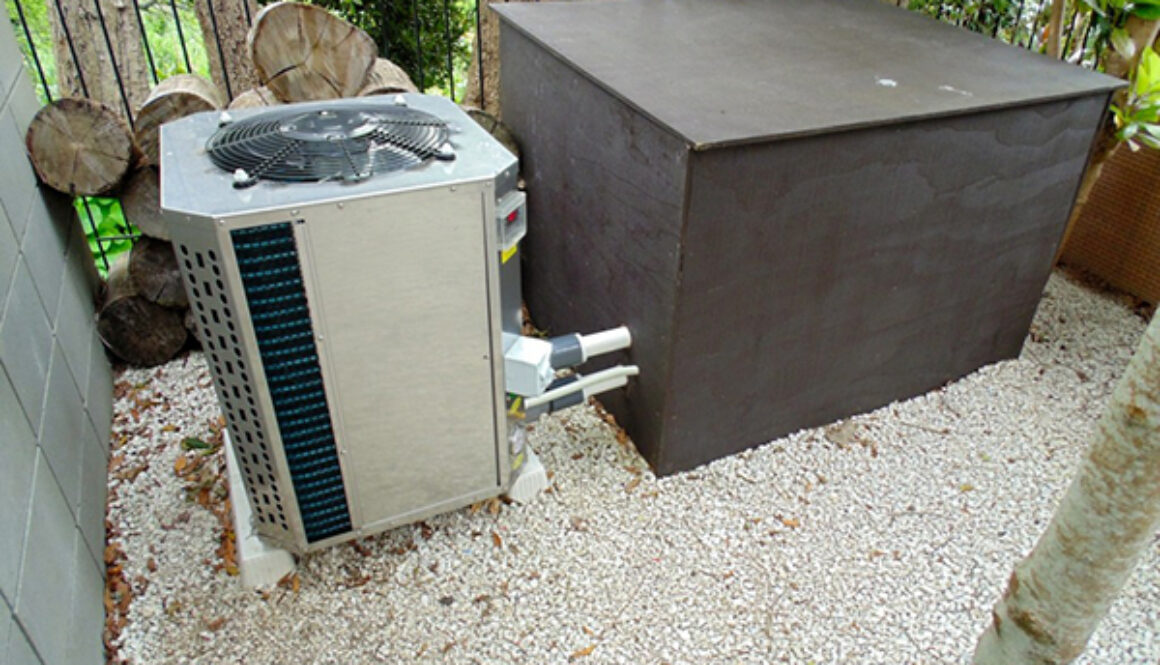
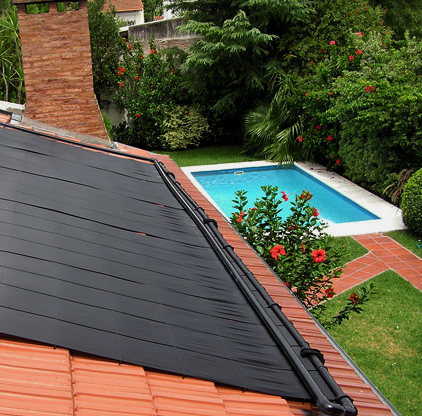

 Maintenance of the system is relatively easy and cost efficient, and a good system should last 10 years.
Maintenance of the system is relatively easy and cost efficient, and a good system should last 10 years.